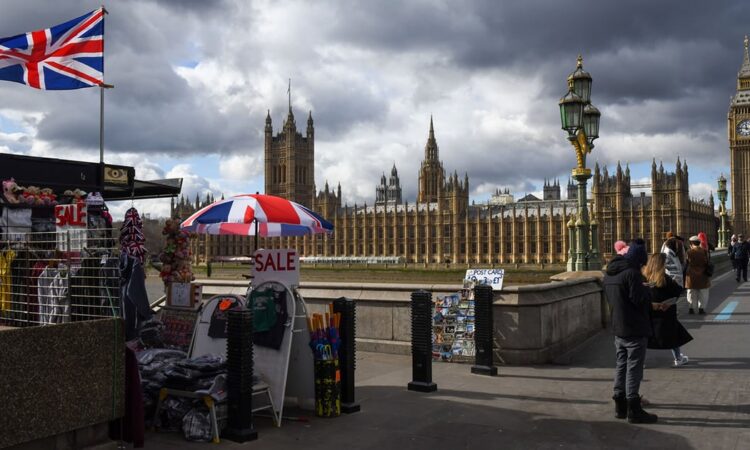
U.K. members of Parliament called on the The Pensions Regulator to require pension funds to regularly report on their liability-driven investing exposures and to engage with them based on results.
In a report published Friday — following an inquiry into defined benefit funds and their LDI investments— the Work and Pensions Committee said TPR should have focused earlier on the risks stemming from the use of LDI strategies.
Because there was no system for collecting data on LDI from pension funds, particularly smaller funds, the use of leverage grew in a way that was not visible to the regulators until the LDI crisis in September, the report said.
The MPs also said that the oversight from the TPR was too focused on larger plans and did not pay enough attention to smaller plans, which suffered more from their exposure to LDI during the crisis.
“It was the pooled LDI funds, in which small pension schemes were invested, which came under particular pressure,” the report said.
Prior to the crisis, LDI strategies were considered helpful in terms of improving plan funding levels when interest rates were low and pension deficits were high.
In September, sharp rises in gilt yields resulted in LDI funds being required to post additional collateral at short notice. And to meet collateral calls, and reduce leverage, LDI funds were forced to sell gilts into an illiquid market.
The committee endorsed plans to enhance the regulation of trustees and governance standards following the LDI crisis. But as regulation is being reviewed, it said: “DWP (Department for Work and Pensions) should consider whether the use of LDI could be restricted, for example, based on a test related to a trustee boards’ ability to understand and manage the risks involved.”
The committee also called on halting plans to launch a new funding regime in April next year until TPR’s assessments are complete.
The MPs also recommended that the government put investment consultants under the remit of the Financial Conduct Authority, having concluded that consultants provided standardized rather than plan-specific advice during the crisis in September.






